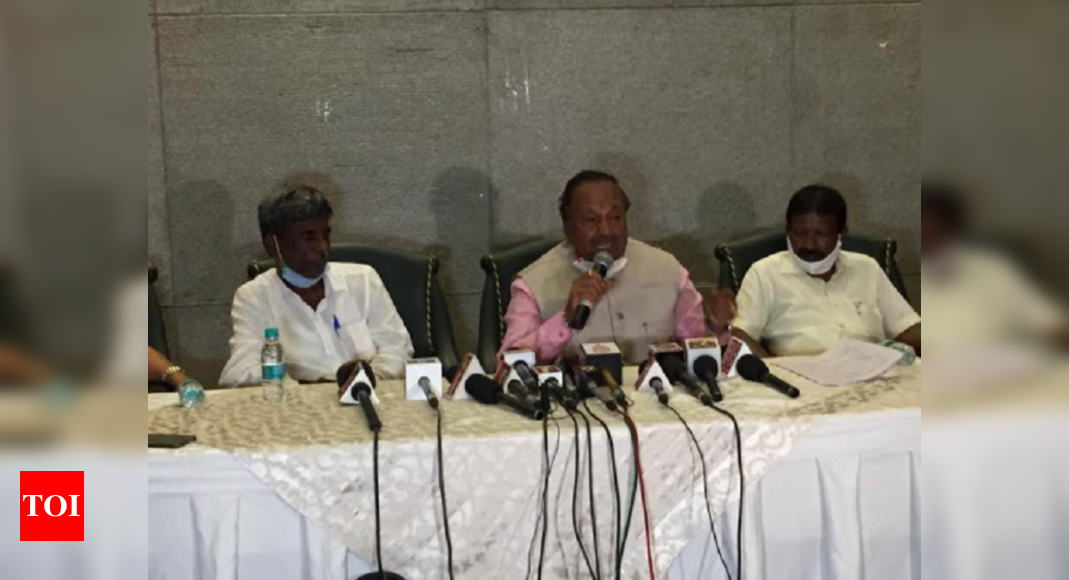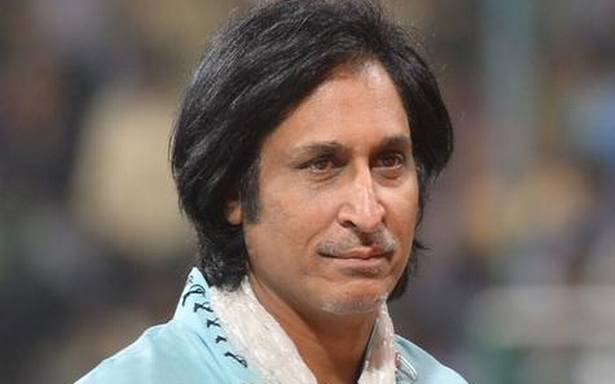A day after the Delhi High Court said that the Nizamuddin Markaz mosque be opened for prayers during the month of Ramzan in accordance with the Delhi Disaster Management Authority (DDMA) guidelines, the Centre and Delhi Police Tuesday told the court that no gathering or congregation can be permitted as these have been prohibited by the DDMA since April 10. The court asked the authorities to file an affidavit by Thursday, detailing the manner in which this rule is being followed.
Justice Mukta Gupta also recorded a central government counsel’s statement that till the next date of hearing, the five persons who have been holding prayers at the mosque since last year will continue to be permitted to do so. However, the court declined to increase the number for Wednesday, the first day of Ramzan. On Monday, the court had rejected a submission made by Centre and Delhi that only 20 persons be allowed to enter the mosque during Ramzan out of a police-verified list of 200 people.
The court on Tuesday also asked authorities to file a response to the plan submitted by Delhi Waqf Board for holding prayers during the month. On Monday, a joint inspection of authorities and mosque management had taken place at the religious place to mark the spots for placing of prayer mats and holding of prayers in accordance with social distancing norms. The court has been hearing a petition filed by Delhi Waqf Board through advocate Wajeeh Shafiq for easing of restrictions at the Markaz, including the mosque where public entry was banned in the aftermath of Tablighi Jamaat members testing positive for Covid there a year ago.
In response to Solicitor General of India Tushar Mehta’s statement that all religious gatherings have been banned, senior advocate Ramesh Gupta, representing the Waqf Board, submitted before the court that he can submit photographs of Karol Bagh Hanuman Mandir to show a long queue and absence of social distancing. Gupta also referred to the gathering taking place at Haridwar and asked whether the rules of the central government are not applicable there and whether they are only for Muslims.
“Is it permissible. Are they also saying they will not allow in any masjid in Delhi? They have not yet filed a status report. They have put a lock and are not allowing us to use it (mosque). And what is the case? That there were certain people and they went out and the coronavirus was spread. Was it the cause?” submitted Gupta. He also submitted before the court that the state was harassing the community and asked under what provision the mosque has been locked for public entry.
Justice Gupta said that is the reason she is asking for an affidavit. “When they file, they will have to do it for everyone,” the court said.
“The other places are not pursuant to any court direction. Today I, as a court, cannot give a direction which is contrary to the law so I will have to work within four corners of law. Let them say on affidavit that they have closed all this, then of course it will apply to this, but if they have not closed all these religious gatherings in temples, churches and mosques, then this will be open and everywhere social distancing has to be followed,” continued the court.
The court also said that what people do on their own is not the responsibility of the court, but it cannot pass an order to allow hundreds to gather.
SGI Mehta submitted that he does not have the luxury of either making “political statements or communal statements”. “We are not in a position to compare without anything on record what is in Kumbh and here… open space, etc… I am not going into it. This decision has been taken under the Disaster Management Act and nobody can question that. Somebody is not following may not be a ground,” he submitted.
Court raps Amanatullah
During the hearing, the court also rapped Waqf Board chairman and AAP MLA Amantuallah Khan for claiming in a video message on Monday that the court has allowed opening of the markaz. The court was also told by Mehta that a large gathering had taken place at the Markaz on Monday when the inspection was carried out after court orders. Waqf Board counsel Gupta denied the statement made by the government and requested the court to ask the government to file an affidavit regarding it.
“Please see his interview. Where has the court yesterday directed for the opening of the markaz? For a limited purpose, the court permitted on Shab-e-Barat. The writ petition is yet to be heard. For a limited purpose for the month of Ramadan, this court (on Monday) said that we will do it. This court never permitted it. It was only for a limited purpose that for the period of Ramadan, it can be opened for a slightly more gathering than what is being permitted,” observed the court, as it asked for video recordings of the Shab-e-Barat night and Monday’s inspection.




